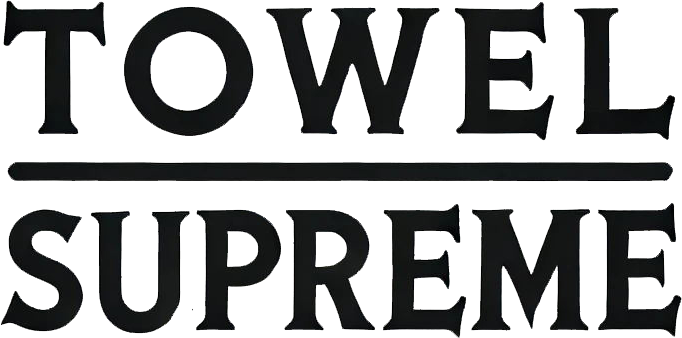Introduction
With growing concerns about water conservation, chemical pollution, and sustainability, governments worldwide are tightening environmental regulations on car wash products. These new laws ensure that car detailing businesses use biodegradable, non-toxic, and water-efficient solutions, reducing harm to the environment. As the industry shifts towards eco-friendly practices, car owners and businesses alike must adapt to these changes.
Why Are Governments Regulating Car Wash Products?
The increased oversight on car cleaning chemicals and water use is driven by:
✅ Water Conservation – Traditional car washes waste excessive water, leading to stricter limits.
✅ Chemical Pollution Control – Harsh detergents, phosphates, and petroleum-based cleaners harm aquatic ecosystems.
✅ Air Quality Protection – Volatile Organic Compounds (VOCs) in some products contribute to air pollution.
✅ Consumer & Worker Safety – Toxic chemicals in cleaning products can pose health risks.
By enforcing stricter guidelines, regulators aim to promote sustainable alternatives while keeping vehicles clean.
Key Regulations in the Car Wash Industry
1. Restrictions on Harmful Chemicals
🚫 Banned or Restricted Substances:
- Phosphates & Nitrates – Can cause water pollution and algae overgrowth.
- Petroleum-Based Solvents – Harmful to wildlife and water sources.
- High-VOC Formulas – Contribute to air pollution and respiratory issues.
🌱 Approved Alternatives:
- Biodegradable surfactants
- pH-neutral, water-based cleaners
- Plant-based degreasers & detergents
2. Water Usage & Recycling Regulations
🌊 New Water Conservation Laws Include:
- Limited water consumption per car wash session in drought-prone areas.
- Mandatory water recycling systems in commercial car washes.
- Promotion of waterless and rinse-free cleaning solutions.
📌 Example: California’s Water Board Regulations require commercial car washes to recycle at least 50% of water used.
3. Certification Requirements for Eco-Friendly Products
🏆 Eco-Certifications Are Becoming Essential:
- EPA Safer Choice (USA) – Ensures the product meets strict environmental and safety standards.
- EU Ecolabel (Europe) – Approves sustainable and non-toxic cleaning solutions.
- China Environmental Labeling – Promotes green automotive cleaning products.
How Car Wash Businesses Are Adapting
To comply with stricter regulations, many businesses are adopting new eco-friendly solutions such as:
🔹 Waterless Car Wash Products – Uses advanced polymer-based formulas to lift dirt without rinsing.
🔹 Foam-Based Cleaning – Reduces water use by trapping dirt with minimal liquid.
🔹 Steam Cleaning – Uses high-pressure steam instead of harsh chemicals.
🔹 Biodegradable Wax & Polishes – Provides paint protection without harmful runoff.
📌 Fact: Some cities now offer tax incentives for car washes that switch to green technologies!
Future of Eco-Friendly Car Wash Regulations
Looking ahead, we can expect:
🚀 Smart Monitoring Systems – AI-powered tools to track water and chemical usage in real-time.
🚀 Ban on Single-Use Plastic Packaging – More brands will adopt refillable cleaning solutions.
🚀 Expansion of Green Auto Certification Programs – Car washes will be required to meet higher environmental standards.
Conclusion
With governments tightening regulations on car wash products, the shift toward eco-friendly solutions is inevitable. Businesses must adapt to new environmental laws, and consumers will benefit from safer, greener, and more sustainable car care options.
💡 Would you choose an eco-friendly car wash over a traditional one? Let us know in the comments! 🌍🚗✨


